Don’t Trust A Fart is the most basic tenet of the carnivore diet. Diarrhea during carnivore adaptation is by most as part of the entry fee into the club.
Even non-carnivores are obsessed with our bowel movements; it might be the most common first question I get asked. “Yeah, but what’s your poop like?” ?
If you ask fellow carnivores you’ll get a myriad of answers depending on which way the wind is blowing on a given day.
Let’s sum up the most common reasons and ways you can address them. If all else fails, please do check in with your doctor.
#1 – Microbiome Adjustment
Making a dietary change does affect your gut microbiome.
If this is the cause of your diarrhea it will self-resolve over time and the best approach is to continue eating meat to feed the new bacteria you’re growing.
Eating meat cooked as rare as possible, or even raw, can further support microbiome adjustment. And if you digest dairy well, consider including raw fermented dairy like raw kefir or raw yoghurt.
Some individuals might also benefit from supplementing digestive enzymes with meals during this time.
How long it can take to adjust will vary from person to person. Because of this it is worth ruling out other causes of diarrhea outlined below while you wait (in case it’s not the microbiome adjusting).
#2 – Too Much Fat
The liver produces bile acid and releases it into the small intestine to digest the fat you eat each meal. Once the bile acid has done its job the body the reabsorbs it before it reaches the large intestine.
Insufficient Bile Acid
If your body isn’t able to produce enough bile acid to break down the fat you’ve eaten in a single meal that fat can trigger diarrhea.
To make matters more complex, the bile acids have a steroidal structure and are formed with the use of cholesterol and phospholipids. Eating animal fat supports the production of bile acids which are required to properly digest those fats.
In the beginning, your body may not be capable of producing enough bile acid to handle large amounts of fat in each meal. Over time this should improve as you feed it the building blocks for bile acid production.
In the meantime, you can try supplementing Bile Acid Salts to support fat digestion and see if that resolves the diarrhea.
Bile Acid Malabsorption
Following bile acid release, the body needs to also reabsorb that bile acid before it reaches the large intestine. If more bile acid is released to handle a large-fat meal than the body can reabsorb at a time it will irritate the lining of the colon and cause diarrhea.
If you supplement Bile Acid Salts and the diarrhea gets worse this is a very likely culprit.
The solution here is to eat smaller amounts of fat. You can accomplish eating the same total amount in a day by having more frequent, smaller volume, meals.
Generally, ruling this out as the culprit before taking Bile Acid Salts would be my suggestion, because it’s free to do.
#3 – Too Much Salt or Electrolytes
In the right amount, electrolytes support your hydration and well-being on the carnivore diet.
But like most good things it is possible to overdo it. All electrolytes produce a laxative effect when taken in high enough doses.
It’s often encouraged to salt your meals to taste when you start the carnivore diet. But that same salt could be the source of your diarrhea. Try cutting back the amount of salt you use, or even try cutting out all salt, and see if that slows your flow.
Likewise, if you are supplementing other electrolytes like potassium and magnesium, try cutting back to see if that improves the quality of your poo.
#4 – Food Intolerance
Even on a limited-ingredient diet like carnivore there can be foods your body does not tolerate well.
The most common culprits are dairy and eggs.
Try abstaining from specific carnivore foods to see if there is one that doesn’t sit well for you. It may just be a temporary change you need to make until the body adjusts enough to handle more carnivore foods down the road.
#5 – Non-Carnivore Foods
Let’s be honest, committing to the carnivore diet can be challenging for the best of us. For many that means their adaptation period still includes non-carnivore foods.
These non-carnivore foods can contribute to diarrhea.
In particular, coffee and spices can be quickly trigger bathroom episodes.
Slowly adapting is helpful for some individuals to be able to stick with carnivore in the long-term, but if diarrhea episodes continue for a long period it’s worth cutting these non-carnivore foods out.
In Summary
There can be one or several factors contributing to diarrhea when you start the carnivore diet.
With time it becomes easier to identify how your body responds, but in the beginning it can feel confusing and frustrating.
Try methodically ruling out each culprit, there may be several involved!
Did you find find any of these helpful? Let me know in the comments ?


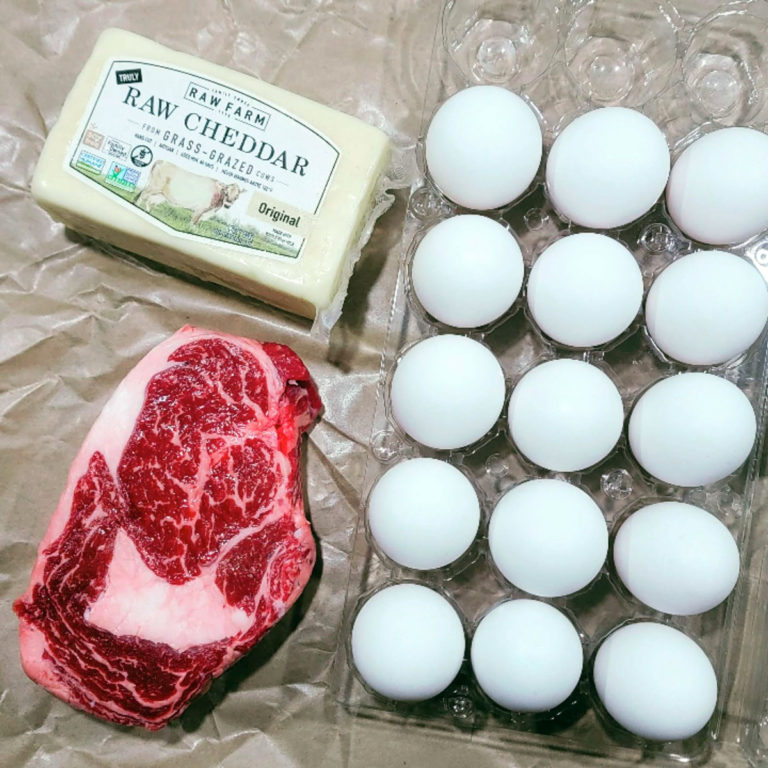
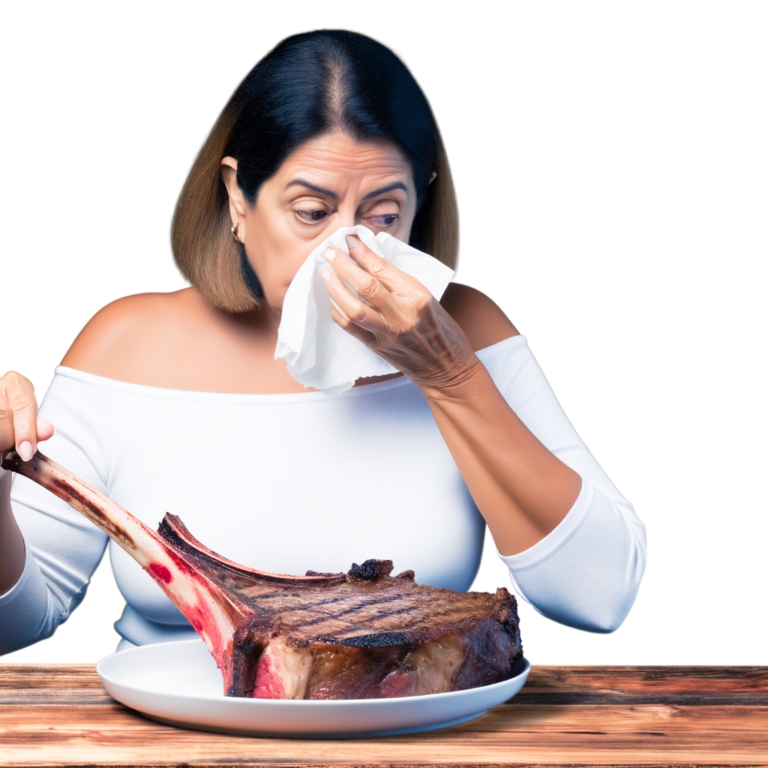
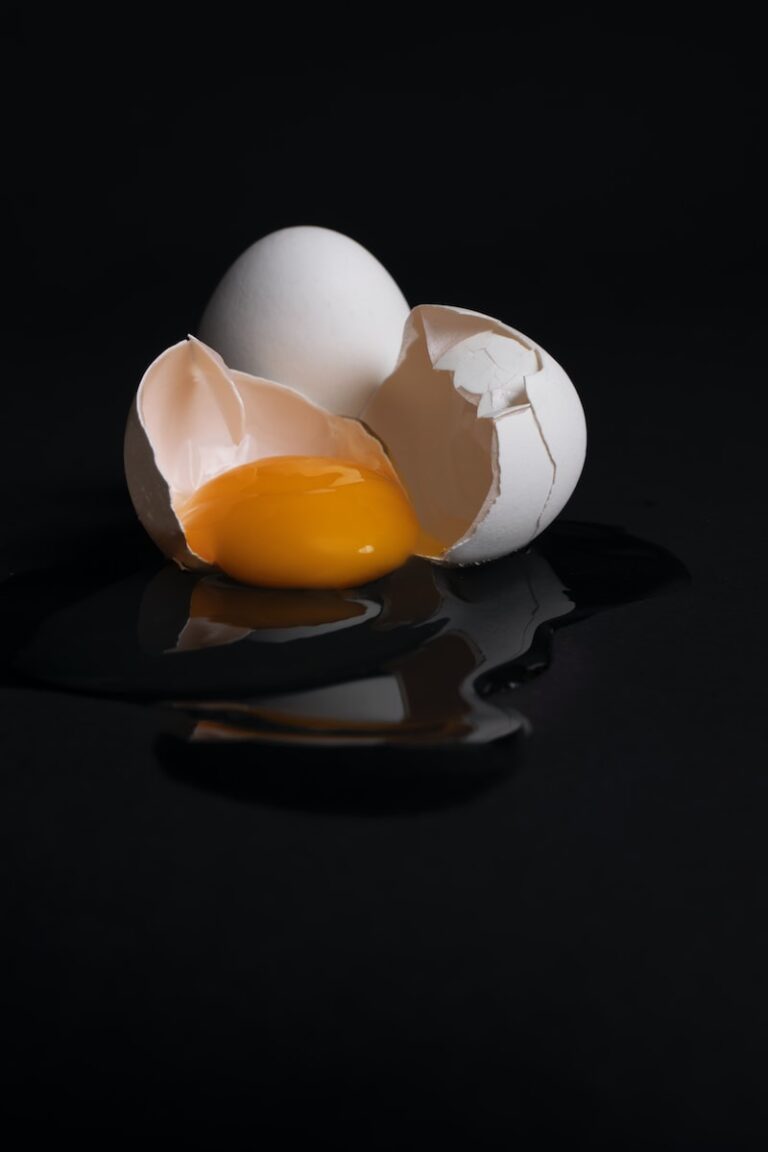
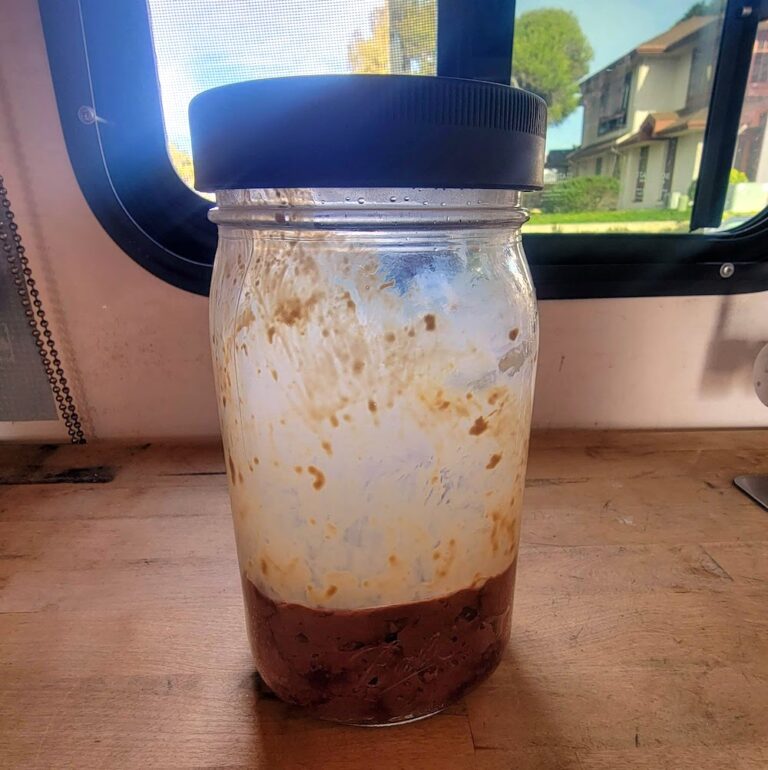
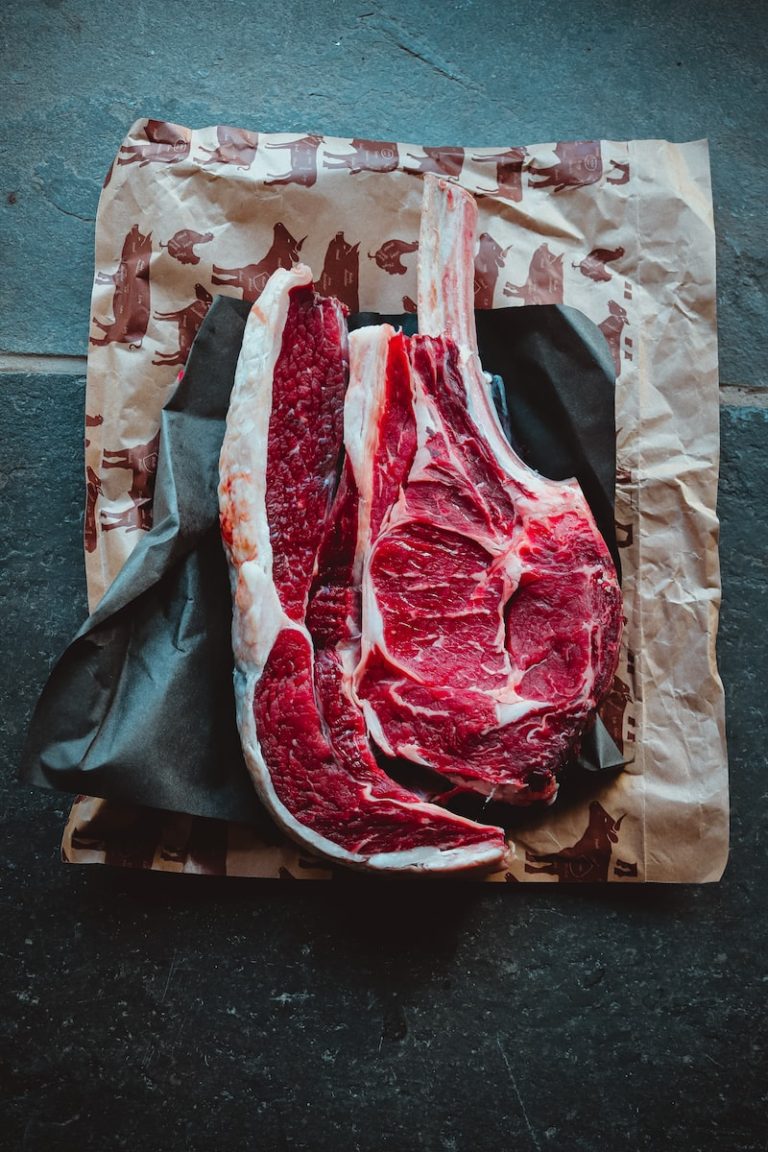
I appreciate this post, even after being carnivore more or less for the last 3yrs. I had solved my liquid and scary poos by a combination of fasting, bone broth, and raw dairy. As in, wonderful, solid, well formed, smooth to glide out poos, for the first time in years. Fast forward to getting crazy with non carnivore foods over the holidays, and then going cold Turkey into January with just meat, salt, water. I’ve found myself back in the liquid scary poo phase, unfortunately. Is it the omission of my beloved raw dairy? Damage from all the sourdough and rice flour cookies and horrid fried Chinese food? (I know, I know…poor life choices)
I’ll try smaller meals more frequently to see if it’s malabsorption of bile salts, see how that goes. Thanks for the well written and helpful read!
I noticed that dairy really masked the reality of my gut health. I could fall back on that to firm up my bowel movements without actually addressing the real cause of diarrhea.
For me it’s usually either too much fat in a single meal causing irritation from too much bile acid reaching the large intestine, or too much salt. Interestingly, I don’t need near as much salt as I always thought I did.
But I also think that you can have multiple causes going on and they’re all a weird type of lever system.
If you’re eating really lean you can (probably) get away with larger amounts of salt, etc.
Also, *gasp* I ate a coconut cookie over Christmas, I must be the most evil human being on the planet (especially if you ask the general carnivore crowd)! lol, surprise we’re human! ? Chinese food sounds like a fun way to fall off the wagon at least. ?
Hi,
Thank you for this post. I started carnivore a month ago and while I know it takes time for the body to adapt I just can’t handle the diarrhea anymore. I’m about to quit this diet because of it.
I’ve been having diarrhea every single day for a month since I started. I think that’s a bit too long for “adjusting”.
I personally think my issue is number 2 on your list. Because the rest don’t apply.
But how do I know if it’s Insufficient Bile Acid or Bile Acid Malabsorption. Is there some medical test I can take to determine this.
Unfortunately, in my country we don’t have Amazon and I can’t find anything similar to that bile salt you recommend.
Please help me I’m desperate. I’ll get hemorrhoids if this diarrhea continues and I’m also afraid I won’t get any nutrients from my food.
I cut out all dairy. I only eat meat and eggs. I don’t think it’s the eggs since I never had problems with that. I get diarrhea even when I have just ground beef grilled without any fats!!! It doesn’t matter what I eat or how I prepare food (cook, bake on lard, or its own fat, or whatever) I just constantly have diarrhea.
Please help.
Hi Barbara ?
If it’s malabsorption you can test it by reducing the amount of fat per meal.
If it’s insufficient bile acid, taking a bile supplement with meals will help.
I hope that helps and you find relief soon! ❤️